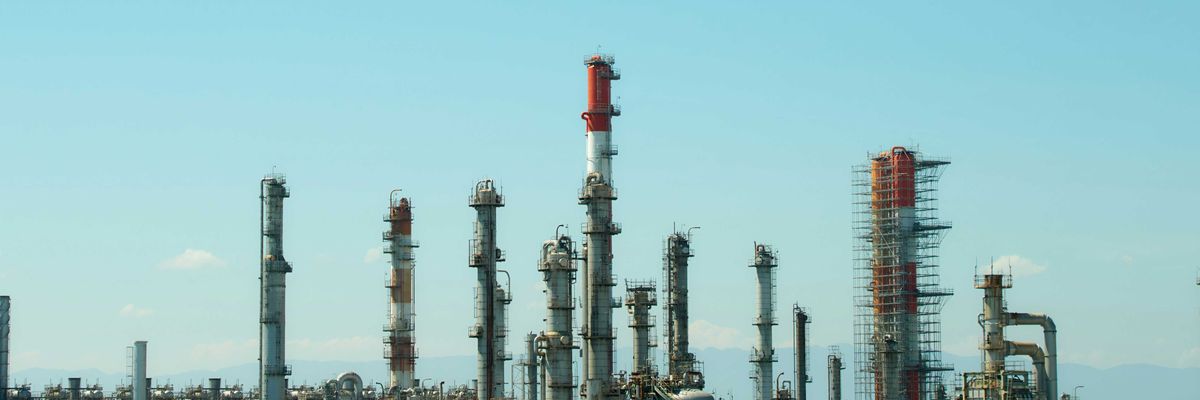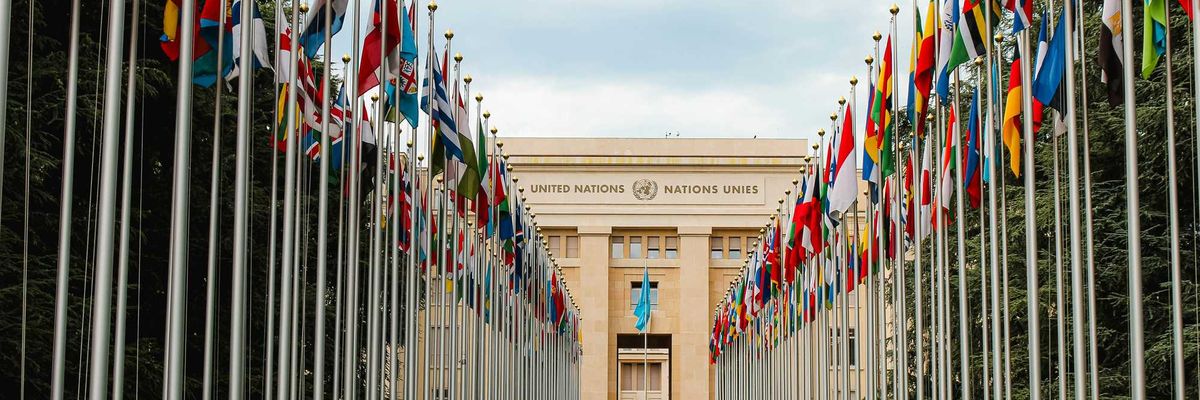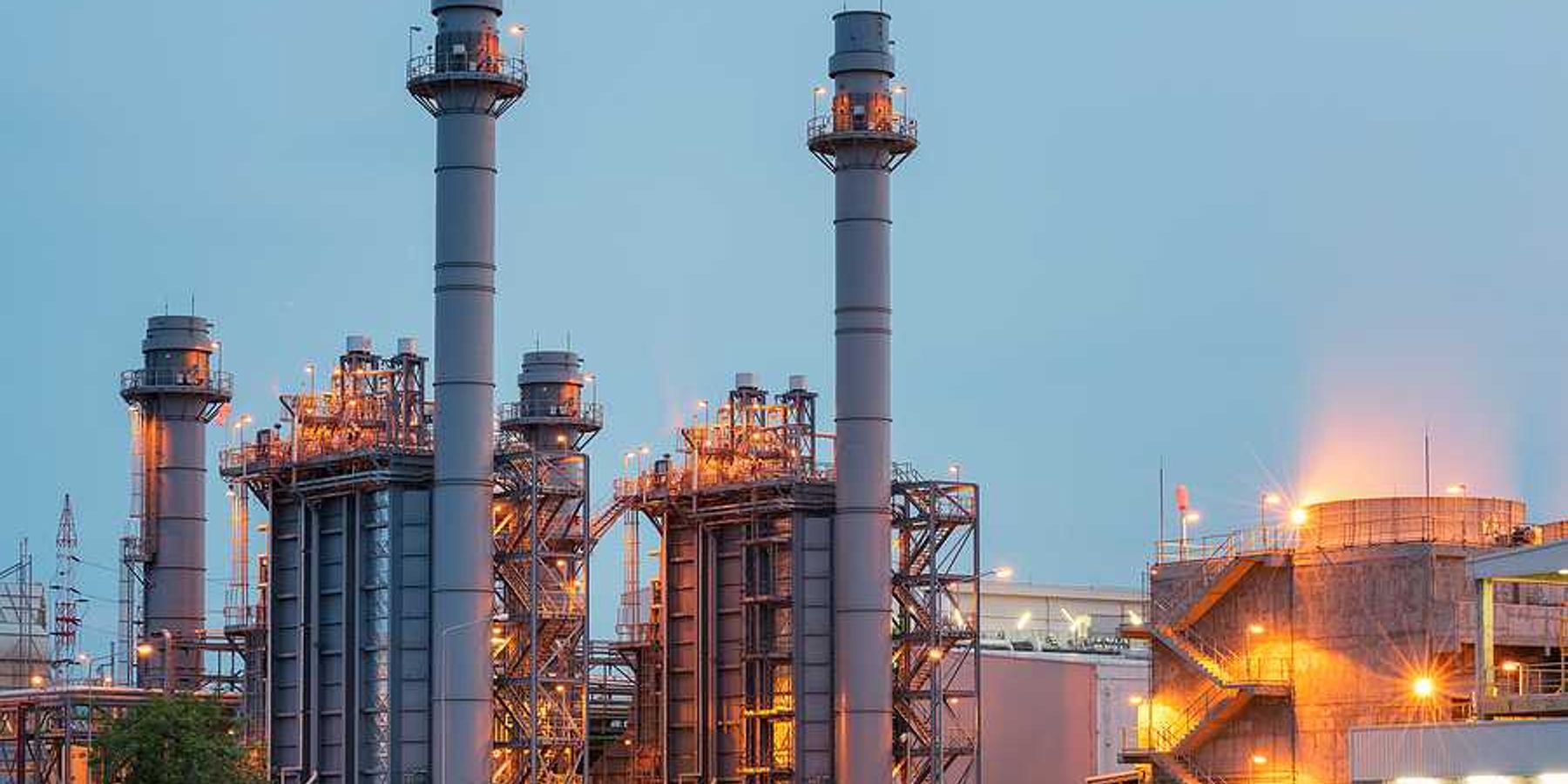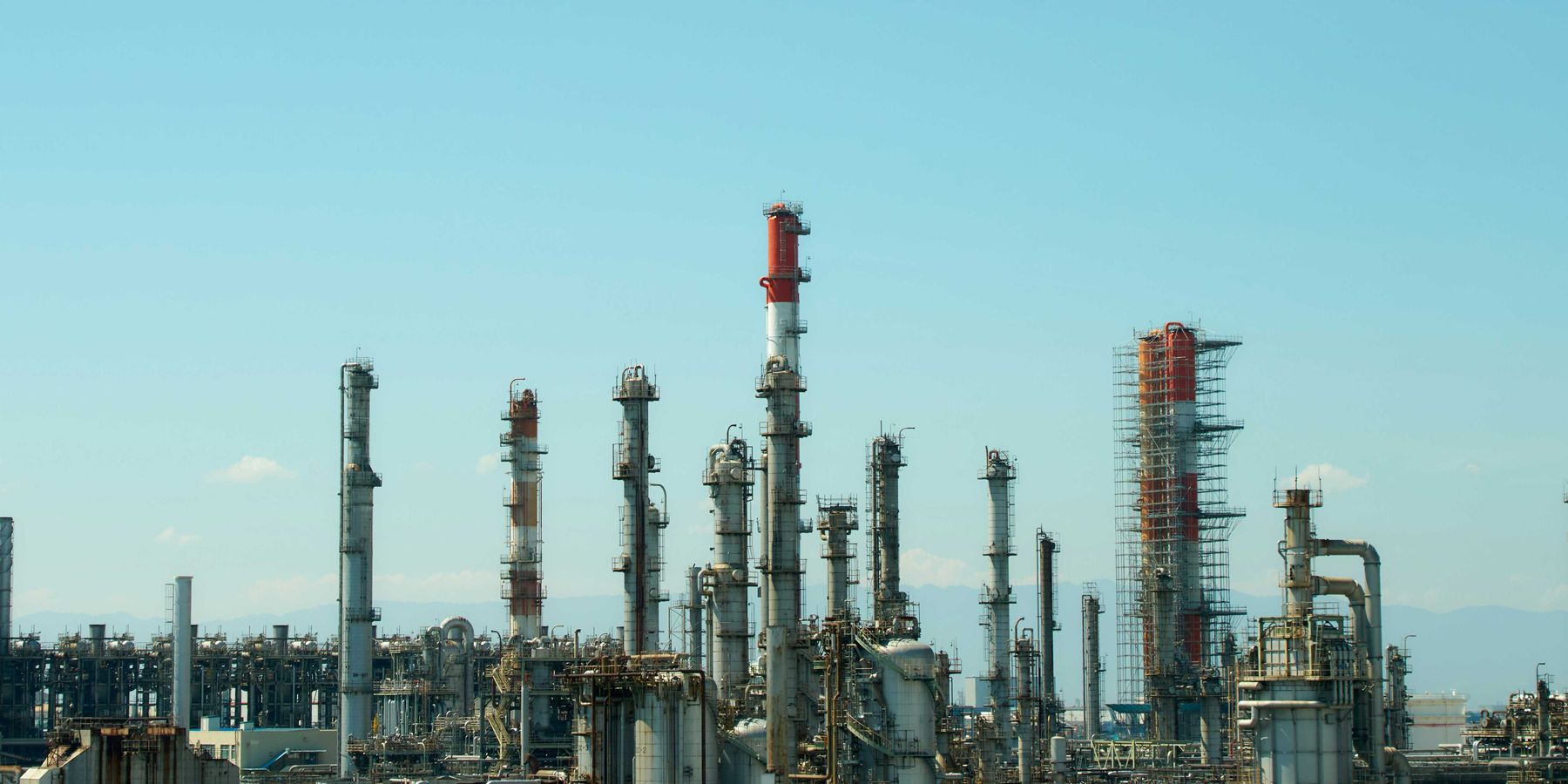raw materials
Process raw materials in Africa to benefit its people and environment
Africa should boost its economy and environment by processing its own raw materials, says leading environmentalist Wanjira Mathai.
In short:
- Wanjira Mathai, from the World Resources Institute, advocates for processing Africa's resources locally to aid in the global shift toward a low-carbon future.
- Processing locally can enhance income and reduce carbon emissions from transporting raw materials.
- Mathai emphasizes that investing in local processing is crucial for building sustainable and resilient African economies.
Key quote:
“There’s a real opportunity in green industrialisation(...) We have to build resilience that is deep, that is anchored in wealth creation.”
— Wanjira Mathai, managing director for Africa and global partnerships at the World Resources Institute.
Why this matters:
Africa's abundant resources have historically fueled the global economy, yet little of the economic benefits from them has remained in the continent. Moving up in the value chain can foster economic independence and environmental sustainability for local communities.
As nations worldwide strive to combat climate change by transitioning to renewable energy, they find themselves grappling with how to avoid repeating the mistakes of 150 years of fossil fuel production.
New U.S. climate law will make water contamination worse
Billions in clean energy incentives rely on raw materials from polluting corn and livestock.









